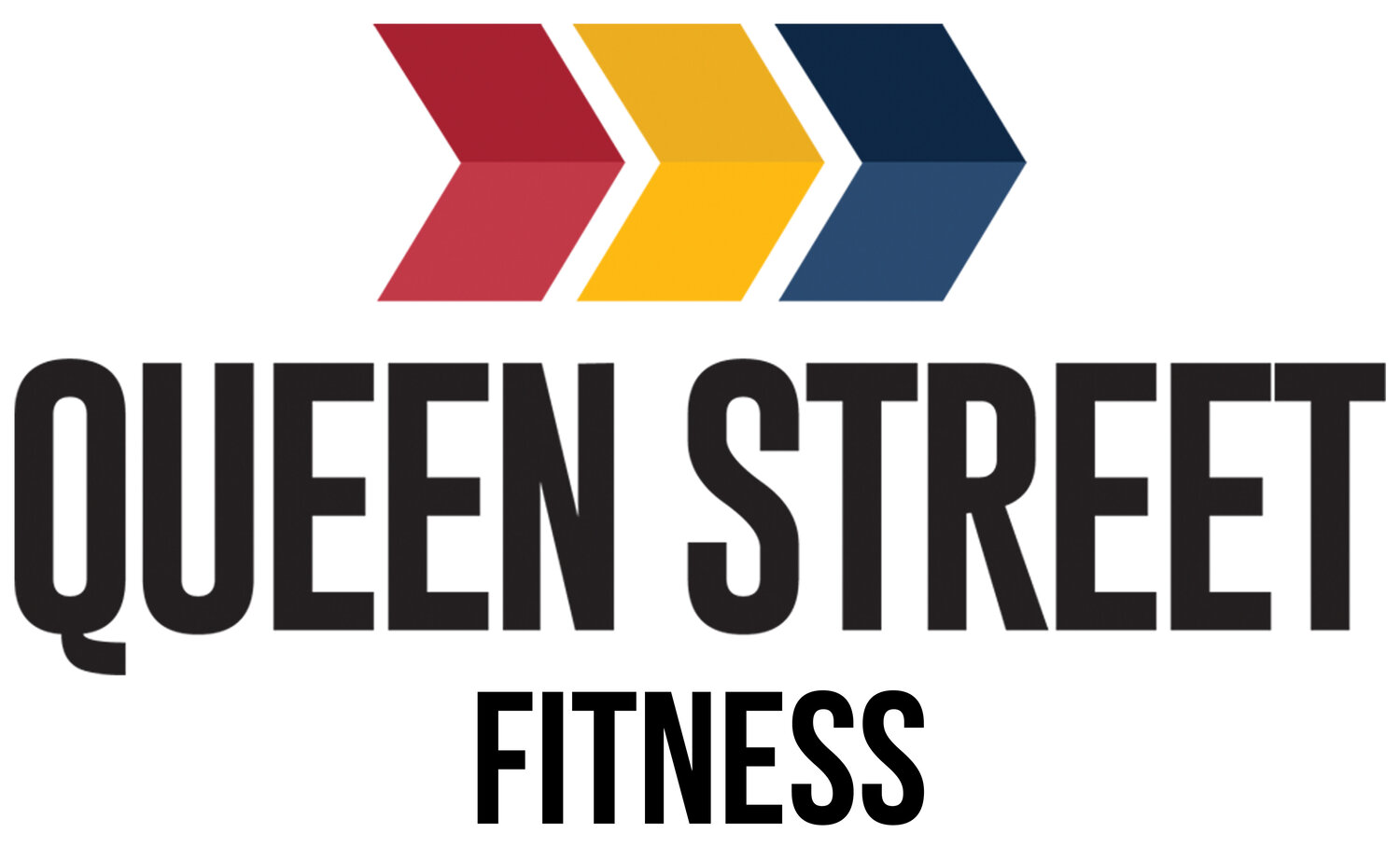This week’s post is about my personal favourite vice: caffeine. Caffeine is a drug, but is it bad for you? How does it affect your sleep and athletic performance? Read on to learn some of the basics of caffeine as it relates to training and nutrition.
What is caffeine?
Caffeine is the most popular drug in the world. It is a stimulant for your automatic nervous system, and also blocks the action of adenosine, thus preventing the onset of drowsiness.
Caffeine is found naturally in over 60 plants- we consume most of it from tea, coffee, and chocolate. Coffee is most people’s biggest source of caffeine. A 5oz cup of coffee contains approximately 100mg of caffeine- but to put in maybe easier-to-understand terms- a Starbucks Tall (12oz) Blonde Roast is about 270mg of caffeine.
Good effects
Caffeine enhances your alertness and awareness by reducing fatigue. Most of us are familiar with these benefits for work and productivity, but they can also help your athletic performance.
Not-so-good effects
- It can affect your digestion (for example, needing to pee all the time)
- You can build up a tolerance, and become mildly drug dependent. Some withdrawal symptoms include sleepiness, headache and general grumpiness.
- It can affect your sleep. Those drowsiness processes that the caffeine blocks exist for a reason, your body wants to sleep. If you consistently have trouble sleeping at night, cutting back or eliminating caffeine can be a good first step.
- More that 400mg of caffeine per day can cause anxiety and irritability
- While coffee doesn’t directly dehydrate you, if you are drinking coffee all day it may prevent you from drinking water as wellIf you take milk, cream, or sugar in your coffee, you may be mindlessly consuming calories.
How to use safely and effectively
3-5 mg of caffeine per kilogram of bodyweight can provide a performance effect without health risks. At 3 mg/kg, an 80 kg person would need 240 mg of caffeine.
*These effects will not be felt if you have built up a tolerance to caffeine.
Tips on cutting back
If you are reading the negative side effects and thinking: “That’s me!” Or if you take pre-workout and feel nothing, here are some tips on cutting back on caffeine:
- Figure out how much caffeine you are realistically consuming a day. You may also be getting caffeine from a pre-workout supplement as well as tea and coffee, so if you do take pre-workout, check the label to make sure you are not consuming way more caffeine than you think.
- Going cold turkey usually doesn’t work. Cut back gradually. If you usually have 3 cups a day, start by going to 2, then 1.
- Try alternatives. Part of why people drink so much coffee is the habit and pleasure of sipping on something hot. Decaffeinated coffee still has caffeine in it, but less. You can also try naturally caffeine free teas, hot water with lemon, or just water.
- Make sure you are getting enough sleep! If you are dependent on caffeine, cutting back will suck, and you will feel tired. Getting enough sleep in this period is important.

